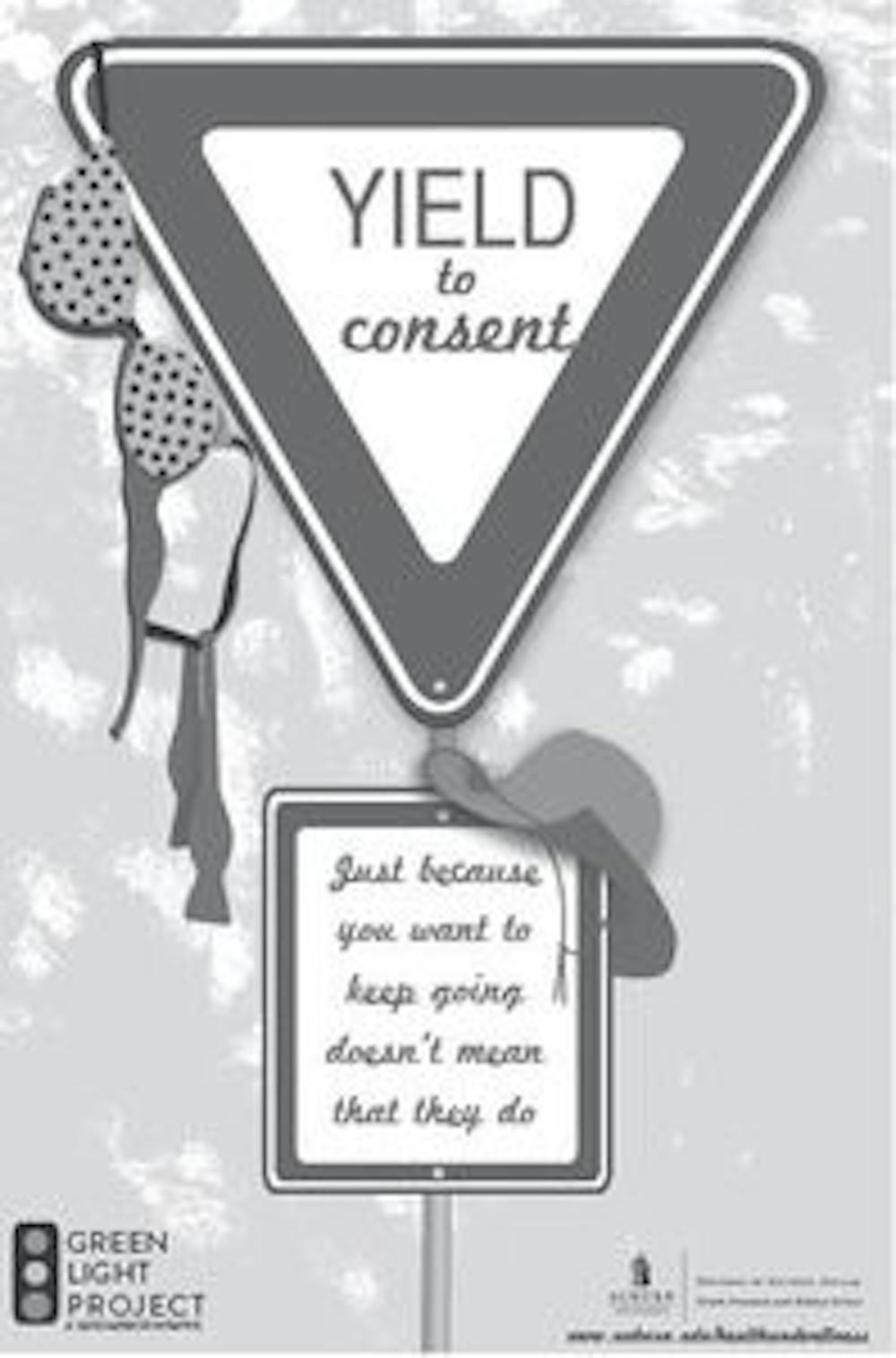As we are continuing the tipping of our fiesta hats to the exciting 40th anniversary of Title IX, we must first understand the law and all it entails. Previously, I spoke of the impact that Title IX has made for women, but what I forgot to mention was what the law means for men.
Title IX equally protects both genders in all situations and procedures (emphasis on both). So after kicking back with a cup of Seattle's Best, I read over the recently revised Auburn University Title IX Policy and Procedures for Student Sex Discrimination. You could say I learned quite a bit from the extremely thorough ten-page revision. Especially, the important definitions and examples section, which was lengthy and full of surprises--that's what she said--thus, giving me the initiative to create a cliff notes version for Auburn students.
The section defines sex discrimination as behaviors and actions that deny or limit a person's ability to benefit from, and/or fully participate in, the educational programs or activities or employment opportunities because of a person's sex. Secondly, sexual harassment is defined as unwelcome sexual advances, requests for sexual favors, or visual, verbal, or physical conduct, of a sexual nature.
Now, if you are starting to doze off, wake up because we are getting to the tap number. My personal favorite is the section purely devoted to consent. At some point or another we've all been "that guy" at home on a Saturday night hooked on a Law and Order: SVU marathon. And if we've learned anything from detectives Olivia Benson and Elliot Stabler, besides that whoever is doing Mariska Hargitay's hair/wardrobe should seriously be fired, would be that lack of consent is the critical factor in any incident of sexual misconduct.
It is important to note that consent requires clear communication between all persons involved in the sexual encounter. Consent is active, not passive, and can be communicated verbally or by actions. However, it must be mutually understood, and silence in and of itself cannot be interpreted as consent.
This means that the classic "he/she was telling me with their eyes" or "the way they were pop-n-locking to that Drake song said it all" are absolutely out the window. Also, previous relationships or previous consent does not imply consent to future sexual acts. I like to call this the "ex-boyfriend who rides a Harley, has messy hair, and decides to come into town for the weekend" clause -- nope, not going to happen buddy.
Effective consent cannot be given by minors, mentally disabled individuals or persons incapacitated as a result of consumption of drugs or alcohol. Incapacitation is defined as a state where one cannot make a rational, reasonable decision because they lack the ability to understand the who, what, when, where, why or how of their sexual interaction. If you need a further description just flip to MTV, I'm sure Jersey Shore or The Real World would be more than happy to provide sufficient examples.
All jokes aside, it is crucial to understand these policies and implications for not only your personal knowledge, but protection. One out of four women will be sexually assaulted on a college campus. One out of eight women will be raped while in college. 75 percent of male students and 55 percent of female students involved in a date rape had been drinking or using drugs.
Currently, there are support services such as Safe Harbor and Student Counseling Services that aid to those who have experienced sexual assault or violence. Unfortunately this is the cruel reality in which we live, thus it is vital Title IX's protection policies are thorough and explicit to all.
We have to understand that these definitions and examples just discussed mean NO. If that's what she said, is trying to say, or is unable to say--it means no. Although, "that's what he said" isn't exactly America's favorite punch line, don't worry--the law goes both ways bro.
Elizabeth Johnston
Intern
Women's Resource Center
Do you like this story? The Plainsman doesn't accept money from tuition or student fees, and we don't charge a subscription fee. But you can donate to support The Plainsman.





